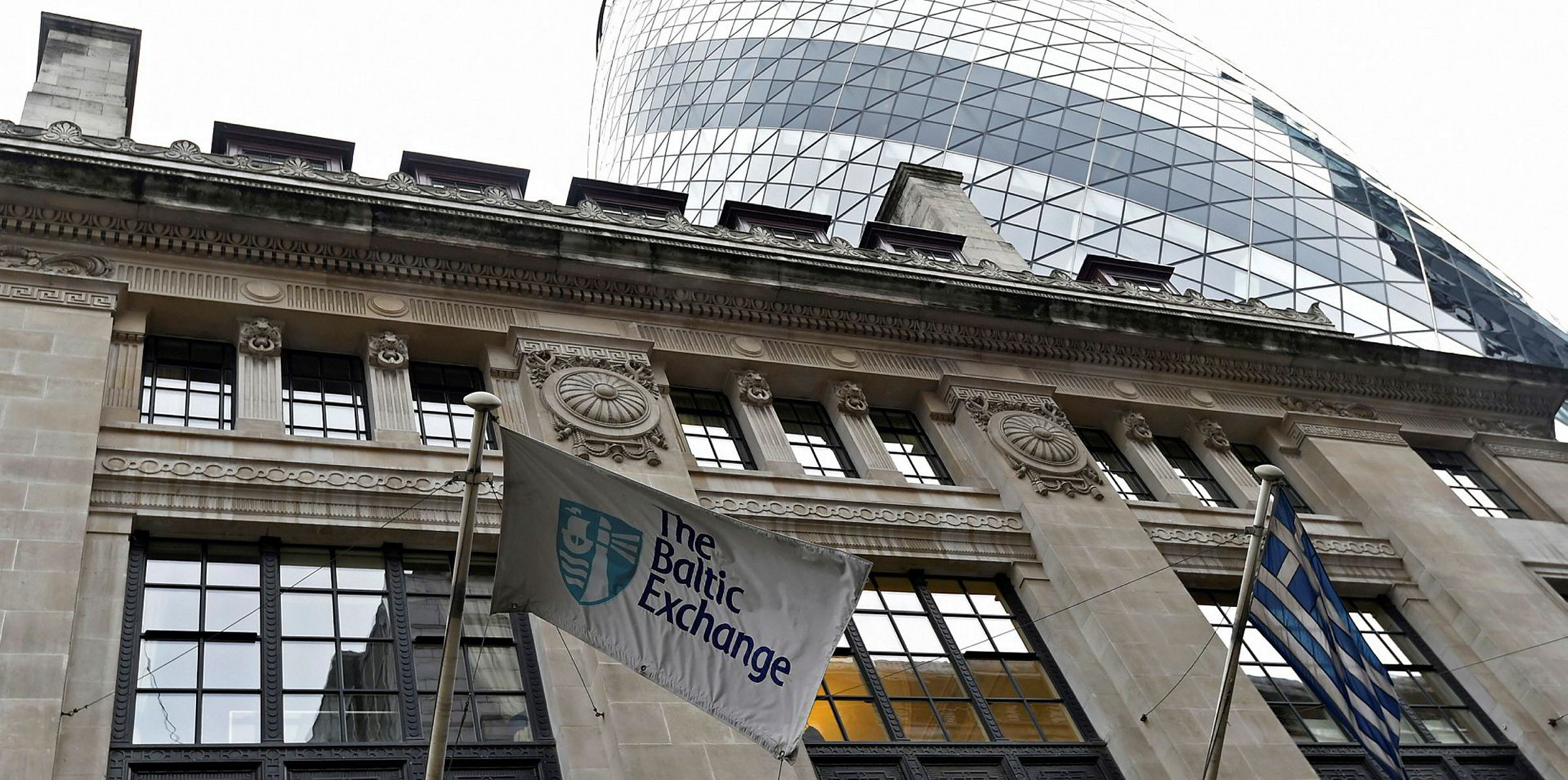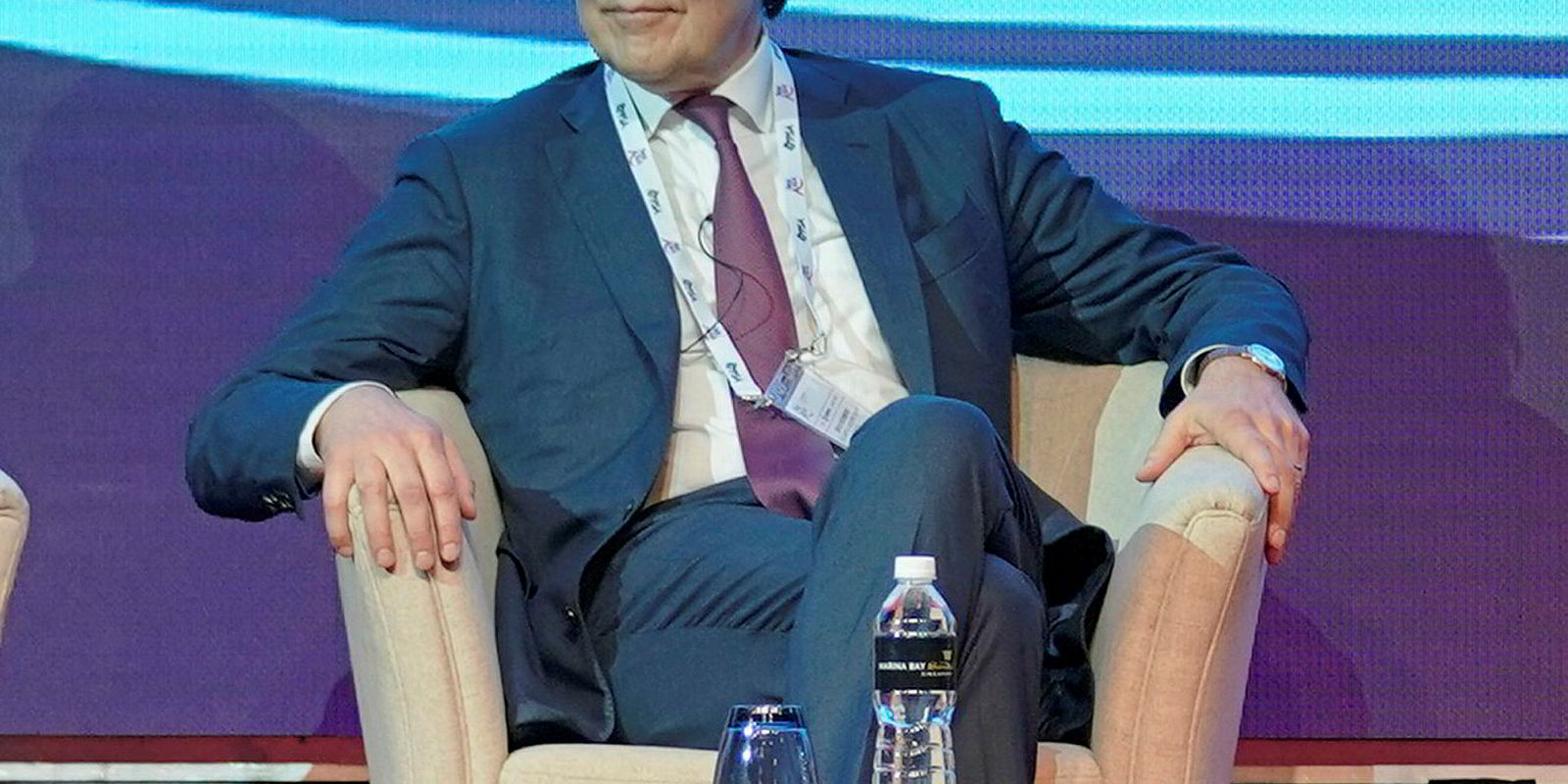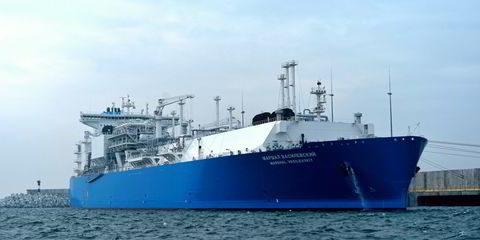Shipping leaders from across the globe converged on Singapore last week to take part in numerous forums examining the industry’s future and how it can become greener.
Shipowners at Singapore Maritime Week shared how they have decided on whether to opt for low-sulphur fuel or scrubbers, although such choices are tinged with a high degree of risk that will not become fully clear until the price of the new fuel is known.
They heard that oil majors and the Port of Singapore have gone to great lengths to assure the industry they will be ready with enough IMO 2020-compliant fuel, while giving little indication of how much it would cost.
But it is what happens after IMO 2020 that is becoming of increasing concern, because the environmental impact of shipping is clearly in politicians' sights.
Stakeholders fear regulations will become increasingly stringent, and often unrealistic, based on the technology available today.
The IMO is already working on its carbon road map and expectations are that new regulations will be forced on the industry by individual countries and international bodies.

Such moves would make it difficult to plan ahead, especially when new regulations are combined with rapid developments in technology that could easily render a ship obsolete at a relatively young age.
Andreas Sohmen-Pao, chairman of BW Group, summed up the thoughts of many of his peers when he said it would take a brave person to order a ship today.
“We have no idea what the world will look like over its lifespan of 20 to 30 years,” he said at Seatrade’s Sea Asia forum.
The recurring theme throughout the week was that shipping can no longer be complacent and ignore the environment.
If it does not take the lead and make the necessary adaptations, governments will force it to change with rules that often create an uneven playing field.
Customers are also demanding that the industry become greener.
And, based on comments made by lenders at the Capital Link, Marine Money and Moore Stephens forums, so are bankers, who are themselves under pressure from shareholders to support green initiatives with incentives such as financially advantageous lending terms.
Away from the conference, there were plenty of opportunities for the industry to network and let down its hair.

The Baltic Exchange and Braemar ACM Shipbroking held cocktail receptions at Eden Hall — the 115-year-old mansion that is the official residence of British high commissioner Scott Wightman.
Guests were served fish and chips wrapped in mock copies of newspapers highlighting the history of the stately residence.
Bimco opted for a more modern venue, hosting a party at a private business club high up in a downtown skyscraper.
The organisation took the opportunity to introduce its incoming president, Sadan Kaptanoglu, to the Asian shipping community at the reception, where fine imported cheeses were paired with French wines.
Also making introductory rounds was Quah Ley Hoon, the Maritime and Port Authority of Singapore’s recently installed chief executive.
The presence of two women holding such prominent positions signalled that shipping is making strides to improve its poor record on gender equality.






